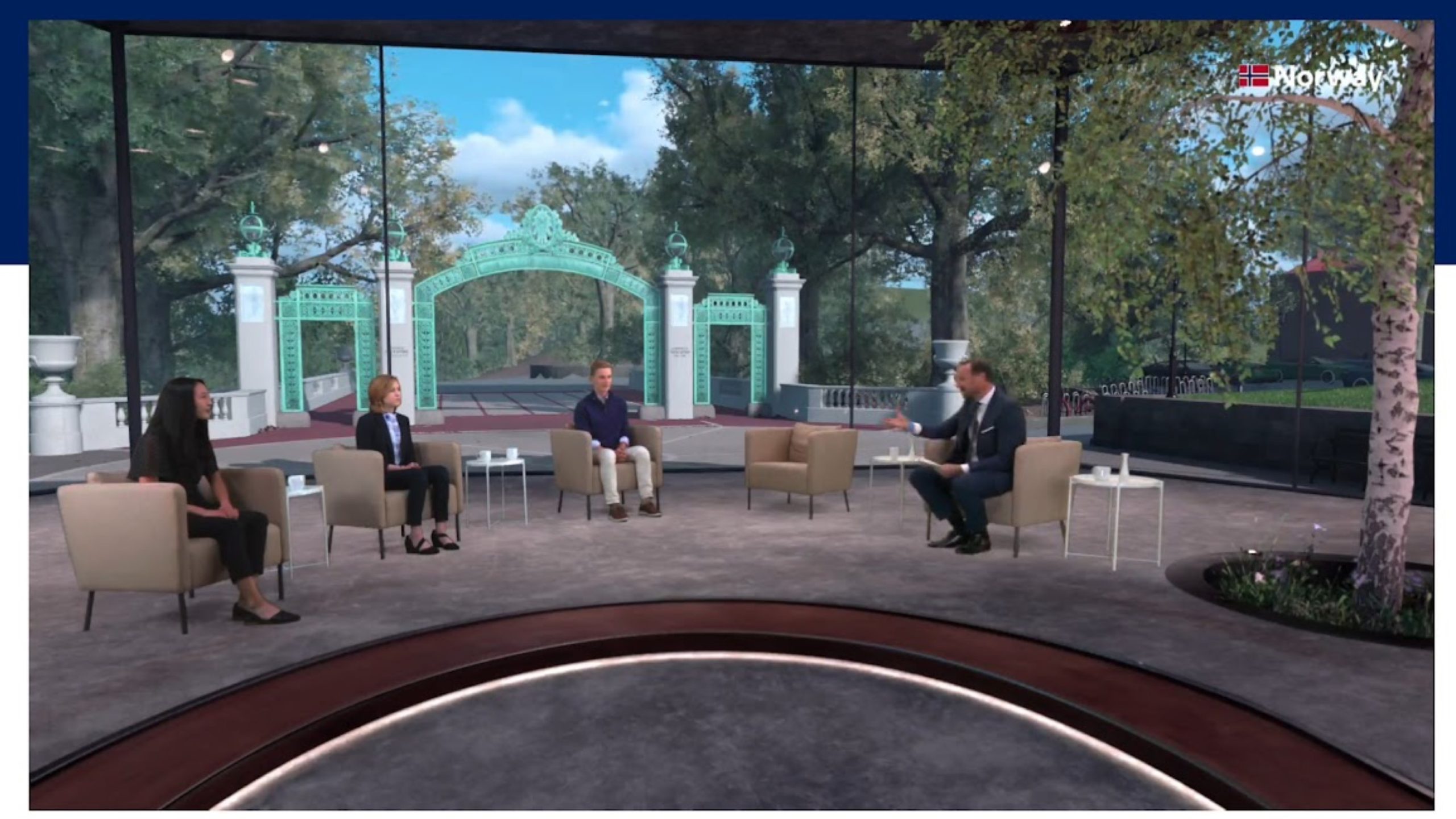Second Patagonia Case Competition at UC Berkeley-Haas Focuses on Sustainable Food & Regenerative Organic Farming

By Kaycee Antosiak, Berkeley-Haas Center for Responsible Business, Student Editorial Writer
Patagonia, known for its high quality clothing and sustainable ways of production, encourages customers to be aware of their consumption and relationship with the planet. For instance, on ‘Black Friday’ in 2015, a day celebrated for buying many products at discount, Patagonia shut down their online store and provided guides on how to fix old clothes instead. Recently, they launched a new campaign “Vote Our Planet” encouraging people to vote for candidates with environmental agendas. Additionally, Patagonia’s environmental goals have manifested in another way: food. Patagonia Provisions, launched in 2012, is focused on ethically and sustainably producing food. Staying true to their motto, “Revolutions start from the bottom,” Patagonia Provisions products include options like wild salmon and beer made with Kernza, a perennial grain that does not require annual tilling and, therefore, does not contribution to topsoil loss and environmental degradation. These agricultural passions inspired the topic for this year’s Patagonia’s Case Competition hosted by UC Berkeley Haas School of Business: Regenerative Organic Agriculture for Food.
Patagonia, together with the Berkeley-Haas Center for Responsible Business, will be hosting the second Patagonia Case Competition calling upon teams of graduate students from universities around the country to solve some of Patagonia’s toughest environmental issues. Phil Graves, Director of Corporate Development at Patagonia, expressed that “Patagonia is thrilled to partner with UC Berkeley Haas and build upon the success of our first case competition. This year’s case deals with scaling regenerative organic agriculture, which could be the best shot we’ve got at fighting climate change as it relates to our food and fiber business.” The goal is to find an accelerated way to incentivize farmers to switch to regenerative organic agriculture for food instead of industrialized practices. Robert Strand, Executive Director of Berkeley-Haas Center for Responsible Business, explains the importance of “harnessing the scale that modern technologies afford without compromising the environment and the essential nature of food to the human experience. Food represents much more than just calories. Food feeds the soul. Our methods of food production must honor this.”
Last year’s competition, about finding an eco-friendly water repellant, inspired many creative solutions and the same is expected to be seen this year. Andrew Seelaus, an MBA candidate at Duke University and one of last year’s participants said that he “was skeptical of Patagonia’s involvement at first and dismissed it as a marketing ploy. But on the actual competition day, it blew [him] away to see the company’s top leadership in the front row, asking good questions, for the entire day. Patagonia is a company that is really doing their best to walk the walk as a responsible business. After witnessing the genuine interest the leadership has in doing the right thing, they’ve won [him] over [as] a new advocate.” Seelaus, among others, shows the unique contribution that graduate students can provide in innovative problem solving. Seren Pendleton-Knoll, Berkeley-Haas Center for Responsible Business Program Director, explains that “there is an increasing demand from MBA students who want to engage in sustainable food. With the success of the 2016 Patagonia Case Competition, and its solutions currently being investigated for development into Patagonia, we are immensely looking forward to the innovative proposals presented during this year’s case.”
These interdisciplinary teams will have their submitted proposals reviewed by a team of Patagonia Executives and Senior Leadership, who will choose the top teams to advance onto the final round of the competition. Finalists will get the opportunity to present their solutions in-person to Patagonia executives at UC Berkeley-Haas. The top three winners will get cash prizes and will get to go the Patagonia headquarters, experience the company culture, and discuss how to implement their proposal. More details about the competition can be found here.


